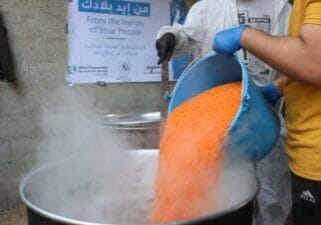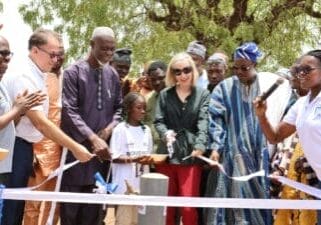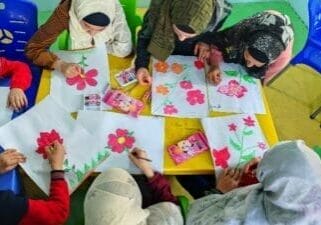News > Blog
Mother-Daughter Duo Hatch Success with Poultry Farming Business in Rural Guatemala
Published 01/18/2024 by Global Communities
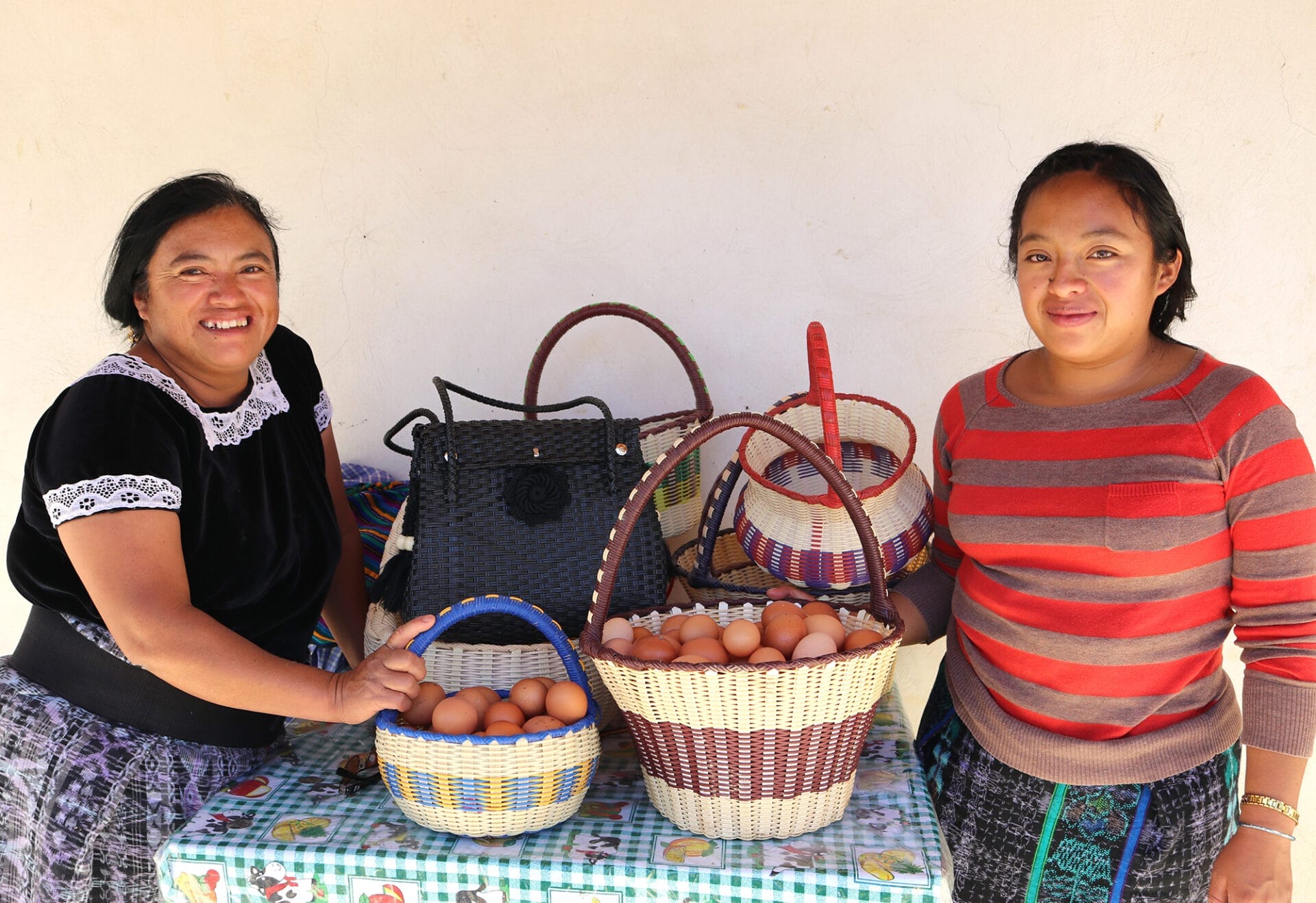
Elsa Carrillo and her daughter Debora have found that sometimes it’s worth it to put all your eggs in one basket – especially when you are selling both. With support from the United States Agency for International Development’s Bureau for Humanitarian Assistance (USAID/BHA) and Global Communities, the entrepreneurial duo learned how to leverage savings from one fledgling business to start another that continues to grow in profits.
As women from Pacate, a small community in the municipality of Santa Barbara, Huehuetenango, Elsa says just the opportunity to earn an income once seemed out of reach. Poverty and inequality run deep in the rural area and drive many to migrate to the city for work – a journey Elsa once undertook herself until the COVID-19 pandemic and national lockdown restrictions forced her to return home in 2020.
“[That] was one of the most difficult seasons for me,” she confides. “I only managed a few days of work washing clothes or in agriculture.”
According to the 2023 Guatemala Humanitarian Needs Overview, the humanitarian needs of vulnerable people in Guatemala increased in the aftermath of the COVID-19 pandemic. The public health crisis substantially impacted livelihoods throughout the country and led to rising prices in food and fuel. Research indicates that people living in poverty are still struggling to recover their pre-pandemic income and working conditions, with agricultural and economic losses disproportionately impacting women, particularly rural women producers. Along with the adverse economic impact of the COVID-19 pandemic, climate phenomena such as El Nino also have had adverse effects on grain harvests, poverty rates and nutritional risks in communities.
In January 2023, thanks to the arrival of the USAID/BHA-funded Podemos (We Can) project, Elsa saw an opportunity to change her circumstances. She expressed interest in joining Women Empowered (WE), a savings and lending group activity, and immediately became an active participant in the self-named group Mujeres Unidas (United Women). Eventually, she even took on a leadership role in the organization by managing the savings records of each of the members. She also encouraged her 23-year-old daughter, Debora, to join the group.
The mother and daughter’s main motivation for participating in the WE component of the Podemos project was to save enough money to launch a new business together. They had been weaving baskets to earn a modest income but wanted to pursue poultry farming.
“I dreamed of chickens to produce eggs and sell them,” Elsa says. “I thought that with the savings in the group, I could buy my first chickens.”
A month into project implementation, Elsa purchased 10 hens to sell eggs to a neighbor, which sparked her interest in learning more about poultry production management. After requesting and receiving technical assistance from Podemos staff, she felt motivated to expand her brood and borrowed money from her brother to buy another 52 egg-laying hens in August 2023.
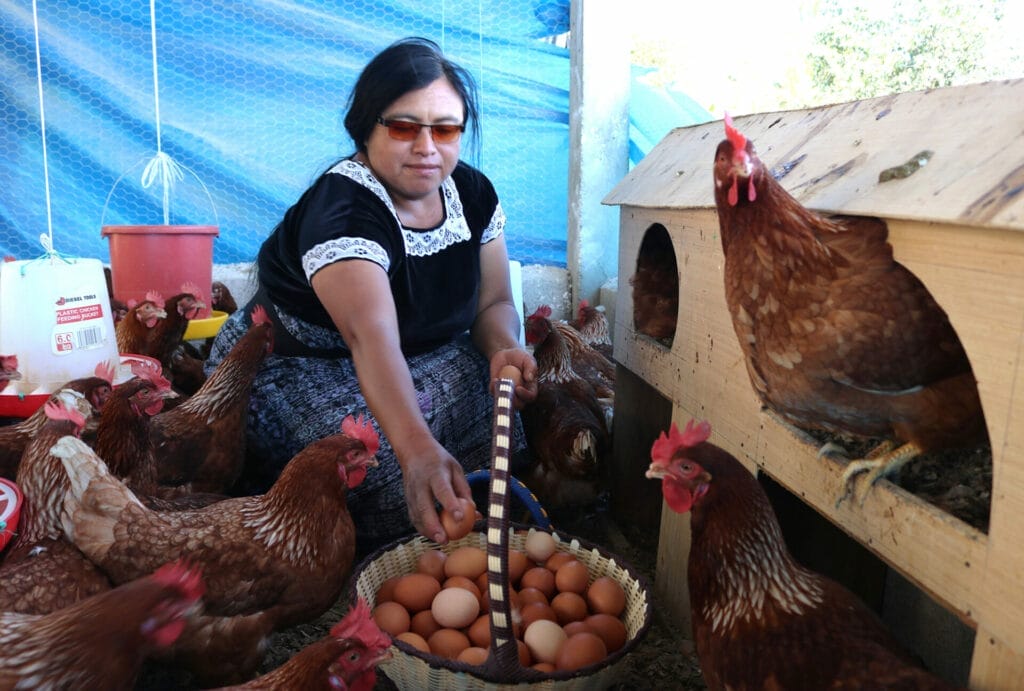
“Mrs. Elsa began to deliver two cartons of eggs every 10 days to the local store, who then asked her to deliver more cartons since the demand was greater,” says Jesus Gaspar, a Podemos project technician. “With demand so high and quick success, this led Elsa to consider owning a larger farm.”
Through participation in WE, Elsa and Debora amassed $770 in savings and earned another $645 selling their plastic-woven baskets. By investing a total of $1,415 in their poultry-raising business, the pair grew to owning 265 egg-laying hens that produce an average of 8 to 9 egg cartons a day. Now, Elsa and Debora have expanded their sales to 4 local stores and determine their prices by egg size, earning an average of $5 per carton.
“Now we hope that the profits will be more, and the investment will not be as much as the initial one,” Elsa says. “Now we have our warehouse, and we conduct good production management.”
Although the Podemos project supported Elsa and Debora with their business plan and marketing efforts – helping the duo to create a banner, business cards and profile page on social media – their dedication and commitment to growing their knowledge and skills base is what ultimately helped turn their dream into a reality. Within nine months of their initial investment, they expanded their farm facilities, modernized its management and currently have a net income of $620.
Debora, who is pursuing a bachelor’s degree in entrepreneurship, says it has been invaluable to be able to transfer what she is learning in the classroom to the real-world experience of running a business with her mother.
“For us women, it is very difficult to continue studying. There are not many opportunities in the community,” she says. “I have to travel to the municipality to study, and now I see that my efforts are paying off.”
As Global Communities closes out the Podemos project in Pacate, we leave behind an installed capacity at the community level that has empowered local leaders like Elsa and Debora with the conviction of what they can achieve when given the right resources and support.
“At the beginning, everything seemed like a dream,” Elsa says. “Now, we see that it is possible with the ideas they gave.”
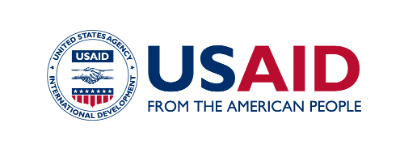
This success story is made possible by the generous support of the American people through the United States Agency for International Development (USAID). The contents are the responsibility of Global Communities and do not necessarily reflect the views of USAID or the United States Government.



